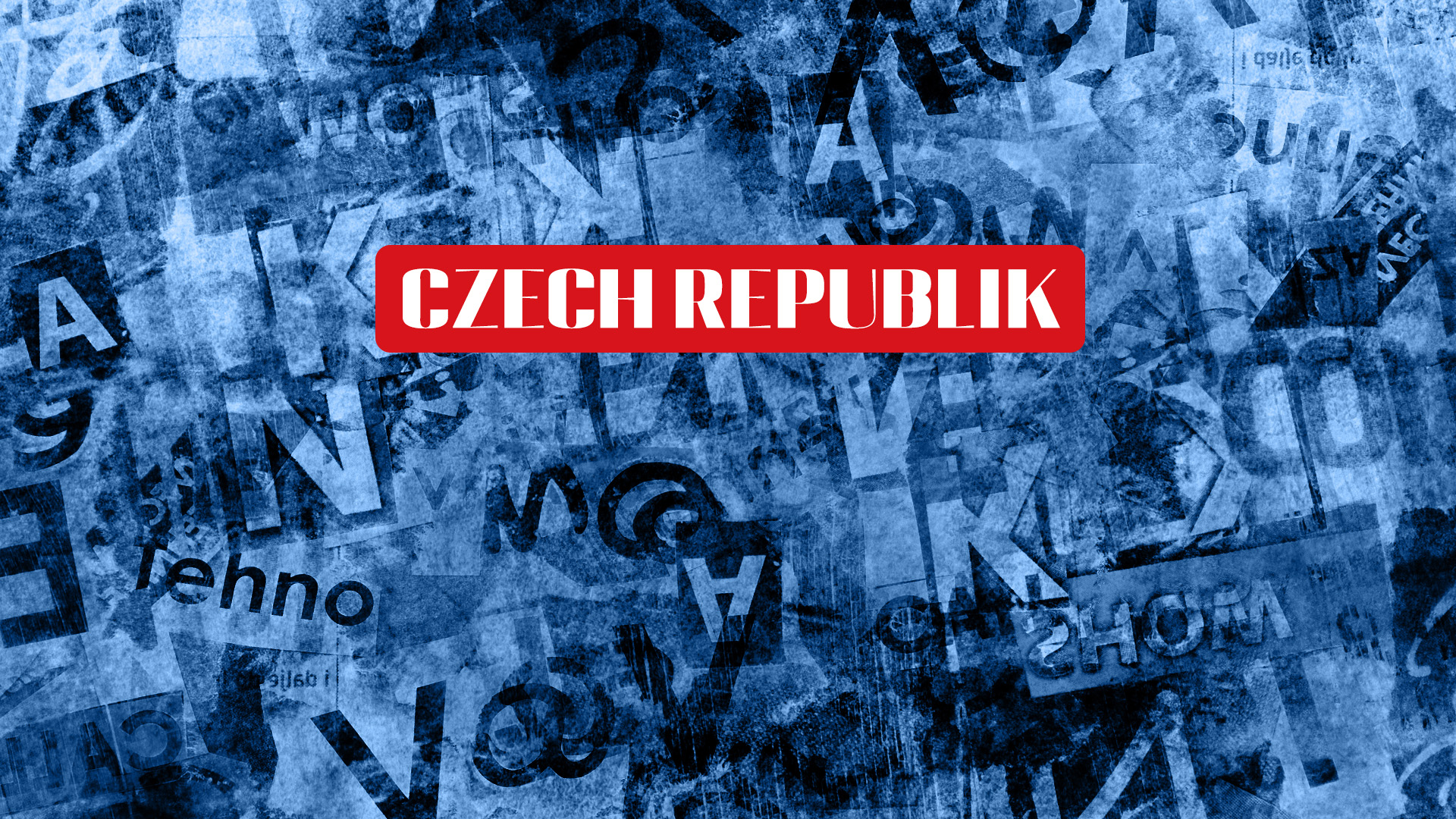The political environment of the media market in 2022, Czech Republic
In 2022, the Czech media market experienced significant changes in response to new legislation. From January, all online platforms were affected by new regulations that require the implementation of new cookie bars, which are used to collect active consent from users regarding their data and behavior on websites. As a consequence, many platforms recorded drops in visitor numbers and the data collected.
The impending end of third-party cookies in the Chrome browser, delayed to 2024, is adding further complexity for online publishers, as does the European Union's Digital Services Act regulation, also set to take effect in 2024 and aiming to create a safer online environment and address issues like hate speech, disinformation, and illegal online sales. Czechia also faced scrutiny in May 2022 for failing to implement the revised Audiovisual Media Services Directive, leading to potential corrective actions from the EU Court of Justice. This directive aims to standardize media content regulations for all audiovisual media in the wake of the growth of streaming services and online multimedia outlets.
During the course of the year, the operators of digital news content, which includes the majority of publishers of print titles sought to have the European directive on copyright in the single digital market transposed into Czech legislation. This would help publishers generate income from the use of their news content by tech giants such as Google, Facebook and others. The adoption of the amendment to the copyright law by the Czech legislators caused counter-reactions from Google and Facebook, and it might make the already difficult position of publishers even more difficult.
Published: September 25, 2023

